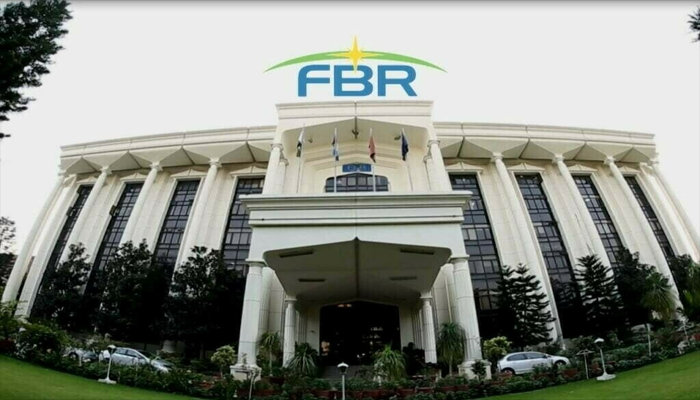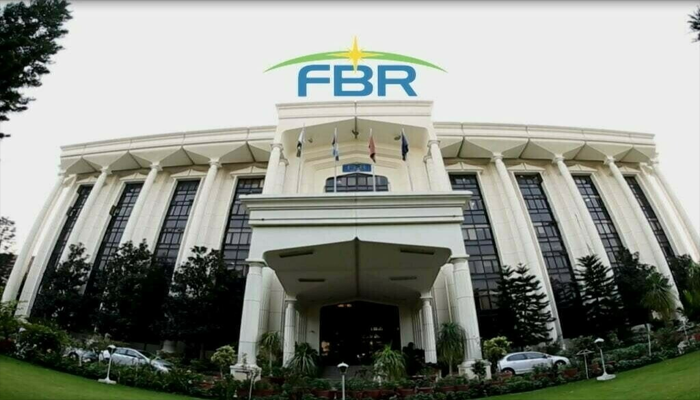ISLAMABAD: The government is contemplating the introduction of a 1.5 percent withholding tax on the value of imports, which could become the largest new revenue source in the upcoming budget. The proposed tax would be collected by banks at the time payments are made to overseas suppliers, officials revealed.
This new measure is designed primarily to curb the widespread practice of under-invoicing, where import values are deliberately declared lower than their actual worth to evade taxes. Under the plan, the tax would apply only to commercial importers, who would be allowed to adjust the withheld tax against their final tax liabilities.
Currently, importers pay withholding tax when filing goods declarations with customs. The government’s new approach would shift tax collection to the moment the payment is transferred abroad via banking channels, adding a layer of enforcement at the source.
The Federal Board of Revenue (FBR) has reportedly briefed the International Monetary Fund (IMF) about taxing imports at three stages: arrival, shipment, and payment to exporters. Although the IMF’s position on the proposal remains unclear, this plan is considered the government’s most ambitious move to meet its tax target of over Rs14 trillion for the next fiscal year.
Finance Secretary Imdad Ullah Bosal confirmed that the budget presentation will proceed as scheduled on June 10. Key planning meetings, including the Annual Plan Coordination Committee on June 3 and the National Economic Council on June 6, are set to finalize economic and development strategies for FY25.
The withholding tax would be deducted by banks when payments are sent abroad via letters of credit, similar to how tax is deducted on overseas credit card transactions.
Meanwhile, a report by the Policy Research Institute of Market Economy (PRIME) estimates Pakistan loses Rs3.4 trillion annually to illicit trade, about 26 percent of the current fiscal year’s tax target. The report blames outdated border controls, weak customs automation, and poor scanning technology for rampant smuggling, especially misuse of the Afghan Transit Trade facility.
These losses undermine formal business, government revenue, and consumer safety, highlighting the need for stronger enforcement mechanisms like the proposed import tax.









